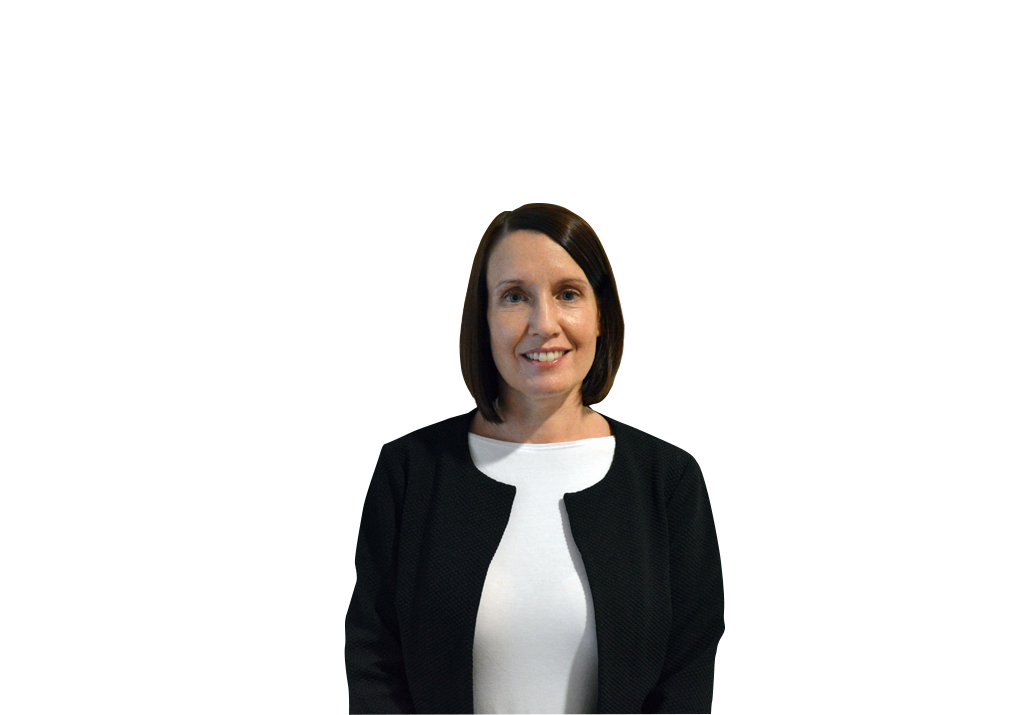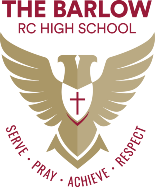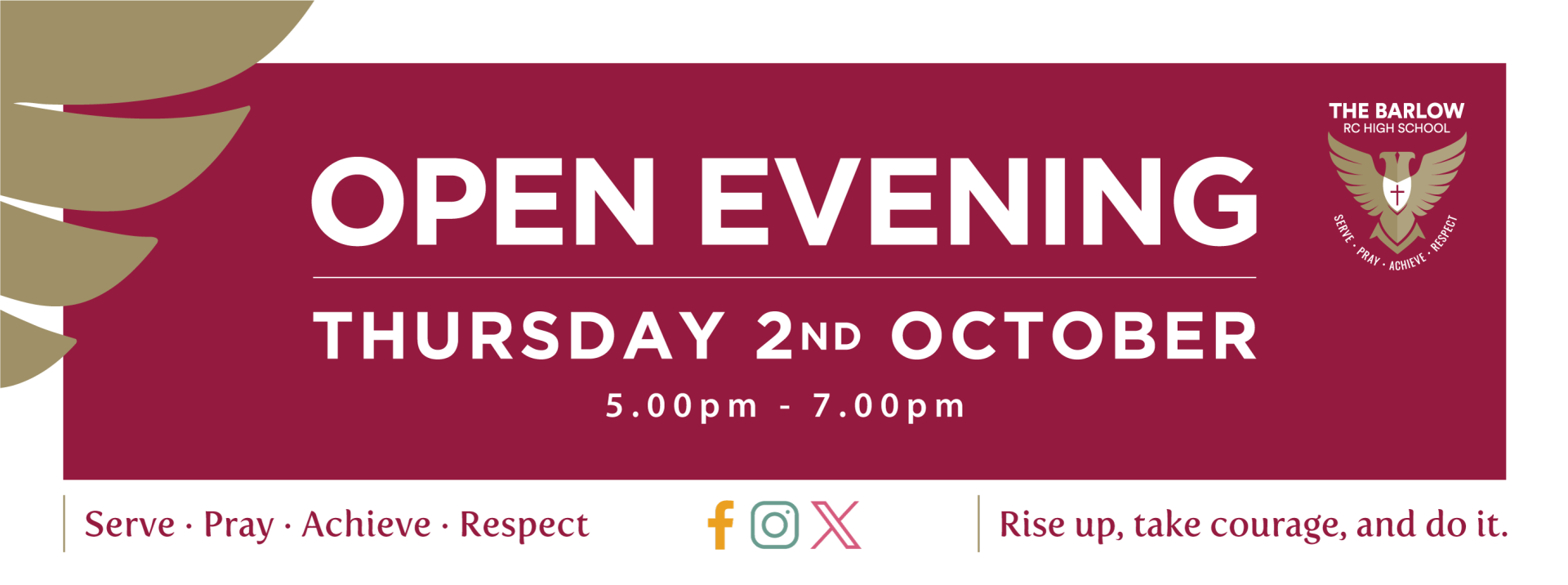 Welcome
Welcome
 Admissions
Admissions
 Curriculum
Curriculum
 Term dates
Term dates
A very warm welcome to The Barlow RC High School
The Barlow RC High School is a leading 11-16 Catholic High School situated in East Didsbury, Manchester. Established in 1985, the school is a Catholic, co-educational, voluntary aided comprehensive that is part of the Salford diocesan family of schools. The Barlow is a diverse and fully inclusive community and as such we welcome pupils of all faiths and none. We are a high performing school and this was recognised by Ofsted in June 2024 when The Barlow was judged to be a ‘Good’ school. Our most recent diocesan Section 48 Inspection, that took place in May 2025, judged The Barlow to be ‘outstanding’ in all areas.

Our Curriculum
-

English
-

Maths
-

Science
-

Art
-

Business
and Computing -

Drama
-

Design
and Technology -

Languages
-

Geography
-

History
-

Music
-

Physical
Education -

Religious
Education




